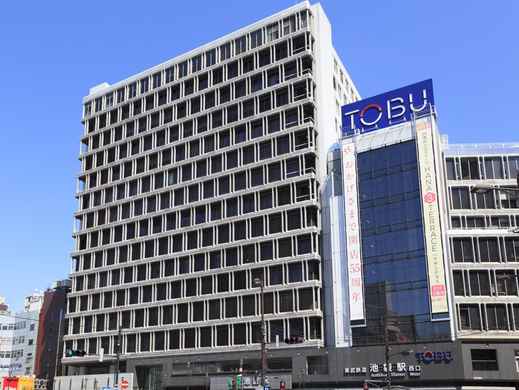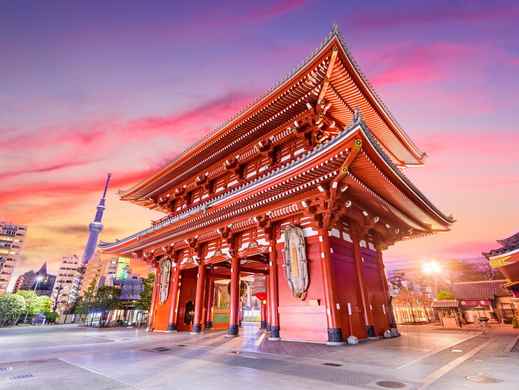


Nikko-shi
Asia
/
Japan
/
Nikko-shi
Tucked away in the mountains of Tochigi Prefecture, Nikko is a small city with a big reputation. Known for its jaw-dropping natural scenery, Nikko is a true gem of Japan's Kanto region. With a temperate climate that brings distinct seasons, visitors can enjoy everything from vibrant fall foliage to snow-capped peaks in winter. But Nikko's charm goes far beyond its landscapes.
Deeply rooted in history and tradition, Nikko's culture is a captivating blend of Shinto and Buddhist influences. From the grandiose Toshogu Shrine, a lavish memorial to the Tokugawa shoguns, to the serene Rinnoji Temple complex, the city's religious sites are architectural marvels that transport visitors to another era. Beyond the sacred spaces, Nikko's quaint streets lined with traditional wooden buildings offer a glimpse into Japan's past while serving up delectable local cuisine like yuba (tofu skin) and soba noodles.
For adventure seekers, Nikko National Park beckons with its lush forests, thundering waterfalls, and scenic hiking trails. The iconic Kegon Falls and the pristine Lake Chuzenji are just two of the natural wonders that make this destination truly special. Whether you're seeking spiritual awakening, cultural immersion, or an escape into nature, Nikko promises an unforgettable experience that encapsulates the best of Japan.

Travel Tips for Nikko-shi
What you need to know before traveling here
Getting Around Nikko-shi
A guide to Nikko-shi's local transportation
Local buses operated by Nikko Kotsu are the most convenient way to navigate Nikko's key attractions. Buses run frequently, and routes are clearly marked in English. You can purchase one-day passes or pay per ride with cash or IC cards.
Practical Tips for Nikko-shi
Things to prepare and best way to visit
Nikko offers several immersive cultural experiences, including participating in a traditional tea ceremony, attending a Buddhist fire ritual at Rinnoji Temple, or trying your hand at yuba (tofu skin) making.
The Japanese yen (¥) is the official currency used in Nikko and throughout Japan. Major credit cards are widely accepted, but it's always a good idea to carry some cash for smaller purchases and admission fees.
The peak seasons for visiting Nikko are spring (April-May) and fall (October-November) when the weather is mild, and the natural scenery is at its most stunning. Summer can be hot and humid, while winters are cold and snowy, making outdoor activities more challenging.
Nikko is generally considered a safe destination for solo travelers. However, as with any city, it's always advisable to take standard precautions, such as being aware of your surroundings and avoiding deserted areas at night.
While English signage and information are not as prevalent as in major cities, Nikko is well-equipped for international visitors. Many attractions and transportation systems offer English guidance, and locals are generally friendly and willing to help.
See All Practical Tips for Nikko-shi

Explore Nikko-shi
Create your itinerary with our top picks below

Travel Tips for Nikko-shi

Explore Nikko-shi
More Destination Near Nikko-shi




















 Facebook
Facebook Instagram
Instagram TikTok
TikTok Youtube
Youtube Telegram
Telegram
